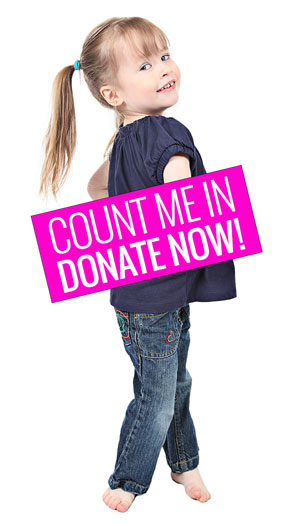
For Parents
People with Non-Verbal Learning Disability (NVLD) have trouble understanding spatial concepts, but have good language skills. NVLD impairs a person’s life skills and affects his or her social, academic, professional and emotional experiences.
The NVLD Project is a nonprofit organization that aims to establish NVLD as an official diagnosis and raise awareness of the disability. Through our research at Columbia University, the University of Southern California, and Children’s Hospital Los Angeles we are seeking to define NVLD as a valid and distinct diagnosis. This will allow people with NVLD to receive accurate assessment, appropriate education, and supportive interventions.

How Do I know If My Child Has NVLD?
It is often undiagnosed or misdiagnosed. NVLD affects aspects of school performance and the development of social skills, including the ability to form meaningful friendships.
Please take a look at the questions below. If you answer “yes” to the first question and some of the others, and/or if these descriptions “feel” like your child, we recommend you speak to a professional who is knowledgeable about NVLD, such as a child psychiatrist, neuropsychologist, developmental psychologist, school psychologist or learning specialist.
Does your child have poor spatial skills, such as difficulty building with blocks, but strong language abilities, such as a good vocabulary?
Poor spatial skills paired with good language skills is the essential feature required for a diagnosis of NVLD.
Additional features often occur in children with NVLD:
Does your child…
- Have an easy time recalling facts and details, but trouble grasping the “big picture” or main idea when they read a story or see a movie?
- Have poor handwriting, difficulty tying their shoelaces, or problems using utensils and small tools?
- Often seem “spacey”?
- Have difficulty understanding humor or sarcasm?
- Lack meaningful friendships, despite craving them?
- Have trouble dealing with new situations?
Children with NVLD struggle with life skills that require an understanding of spatial relationships (such as recognizing how parts fit together into a whole, completing jigsaw puzzles or building with Legos, learning routes for travel, and manipulating objects in space, such as learning to tie shoelaces), but they have strong language abilities (such as a well-developed vocabulary, the ability to learn facts from a list, and the ability to easily recall details of a narrative story). These problems in understanding part-whole relationships may create difficulties with understanding the “big picture” and with identifying the main idea in a narrative story, even though the child understands the individual words of the story or recalls its concrete details. These characteristics may make a child seem “spacey.”
Children with NVLD may have trouble with fine-motor skills and learning to use tools and utensils and they may have poor handwriting. They may also have a hard time learning math in school. They are interested in social relationships and have the capacity for empathy, but some children with NVLD complain that they do not have satisfying friendships. They may feel isolated from others socially, even though they want friendships. Children with NVLD can have trouble understanding humor or sarcasm, which may contribute to their social problems. Children with NVLD also may have difficulty dealing with new situations that they haven’t seen or encountered before.








